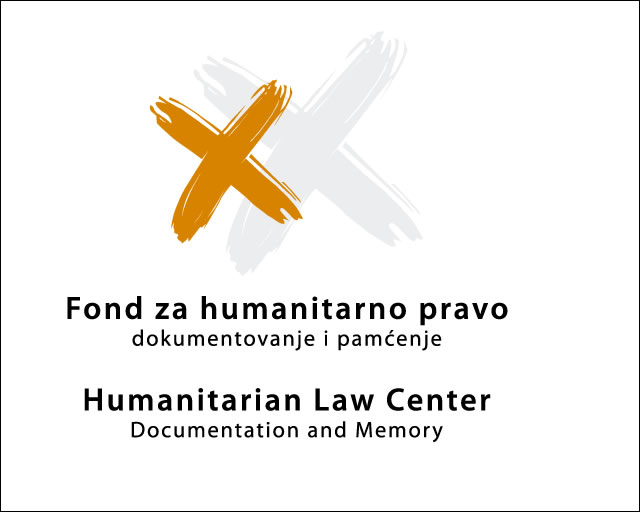Florence Hartmann Conviction Unjust

 The Decision of the ICTY Appeals Chamber, rendered on July 19th, 2011, affirming the conviction of the journalist Florence Hartmann for disclosing the contents of two confidential Decisions rendered by the Court, represents a negation of two transitional justice imperatives: to know the facts about the recent past and to prevent the recurrence of war crimes.
The Decision of the ICTY Appeals Chamber, rendered on July 19th, 2011, affirming the conviction of the journalist Florence Hartmann for disclosing the contents of two confidential Decisions rendered by the Court, represents a negation of two transitional justice imperatives: to know the facts about the recent past and to prevent the recurrence of war crimes.
As is already well-known, the conviction of journalist Florence Hartmann, a former spokesperson of the ICTY Office of the Prosecutor, for contempt of court, was because she published “the contents, purported effect, and confidential nature of two Appeals Chamber Decisions” from the Prosecutor v. Slobodan Milošević case, in the article “Vital Genocide Documents Concealed” in a publication of the Bosnian Institute in January 2008 and in the “Peace and Punishment” book. Namely, in this article and the book, she mentioned the Decisions of the Appeals Chamber granting the motion of Serbia for concealing parts of transcripts from meetings of the Supreme Defence Council of the Federal Republic of Yugoslavia before their presentation in the probative procedure against Milošević.
In the meantime, in March 2011, the ICTY lifted the confidential status of these documents. The Appeals Chamber, however, did not accept this argument of the Defence, alleging that the subsequent decision of the ICTY did not remove the accountability of F. Hartmann and that it is within the authority of the ICTY chamber only to reveal confidential details in the two alleged documents. This reasoning of the Appeals Chamber neglects the interest of the victims and society, as well as the importance of these documents for establishing the facts about the conflicts on the territory of the former Yugoslavia.
The Humanitarian Law Center (Serbia) and the Croatian Helsinki Committee for Human Rights, would like to point out that the conviction of F. Hartmann has triggered a mechanism which states prone to using force in the implementation of their political interests may easily use to conceal potentially harmful evidence in trials pending before the ICTY, the International Court of Justice and domestic criminal and civil courts. We would also like to stress the fact that the conviction and trial of F. Hartmann did not meet the standards of protection of freedom of expression instituted in the practice of the European Court of Human Rights.
The fact that the Appeals Chamber dismissed the argument that this decision infringes F. Hartmann’s freedom of expression, alleging that restricting Hartmann’s freedom of expression in this manner was both proportionate and necessary because it protected the ‘public order’ by guarding against the dissemination of confidential information, is discouraging.
The Humanitarian Law Center (Serbia) and the Croatian Helsinki Committee for Human Rights, call for human rights organizations on the territory of the former Yugoslavia to join and support the content of this statement, thus expressing commitment to the right to know and freedom of expression.
For Humanitarian Law Center: For Croatian Helsinki Committee
Nataša Kandić Ivan Zvonimir Čičak
Executive Director President
Organizations and individuals which gave support to the statement:
* Centar za ljudska prava – Niš
* YUCOM
* Helsinški komitet za ljudska prava u BiH
* Heartefact Fund
* Građanska akcija Pančevo
* BH novinari
* Sandžački odbor za zaštitu ljudskih prava i sloboda
* Fractal
* Milanka Šaponja, journalist from Serbia





